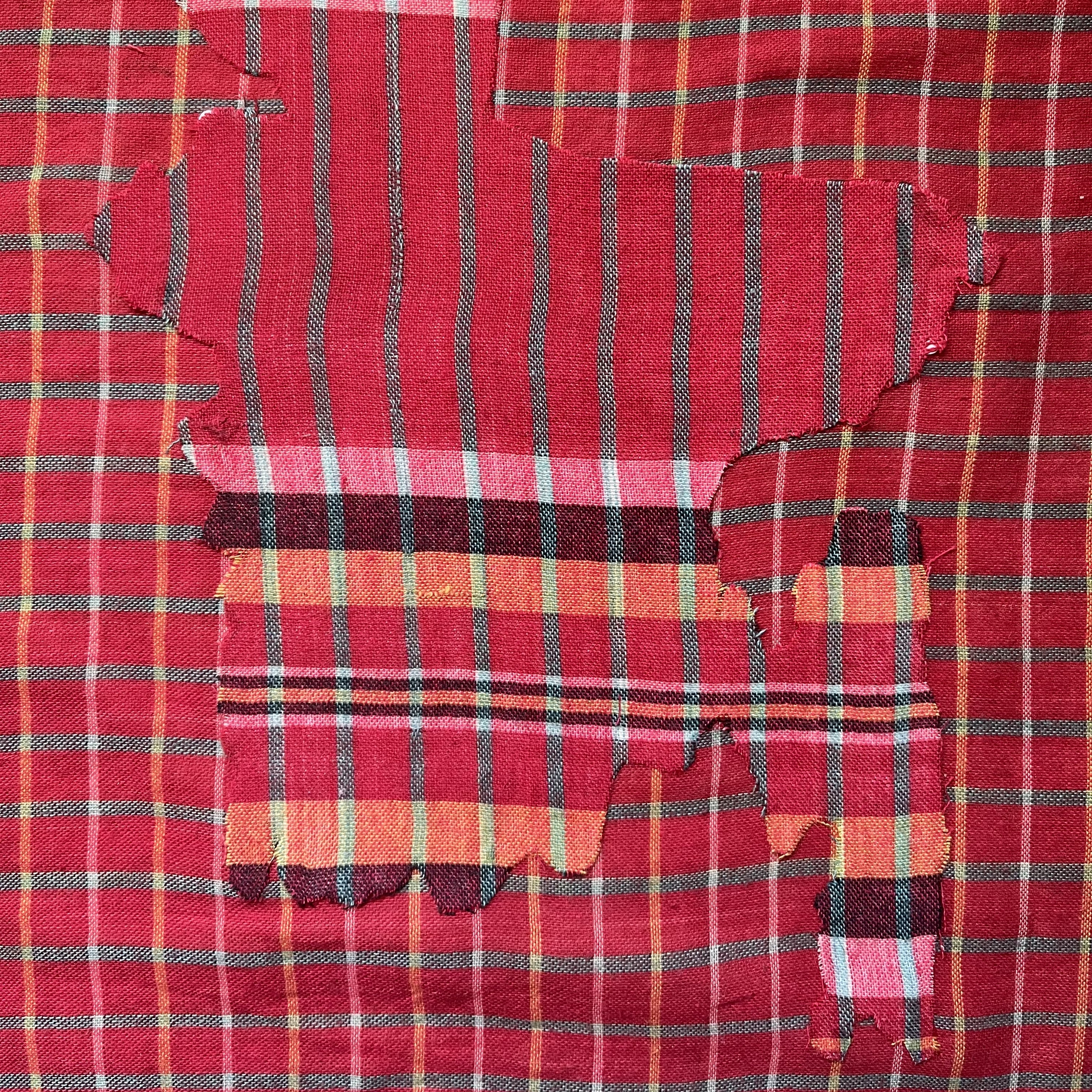DAC TO JFK → PT.1 .!?
Published: 5 March, 2024
By: brainmatter
DAC TO JFK →
I often wonder what it means to be a Bengali living or being born outside of Bangladesh. My parents immigrated to New York from Dhaka in the late '80s to early '90s, and I came along in the late '90s, born in Elmhurst and raised as a true Bengali. I have always pondered the significance of being an American Bengali or Bengali American. Understanding this has been, and sometimes still is, challenging because even when interacting with people from similar backgrounds, there are often notable differences. Sometimes, I feel more connected, while other times, I feel like an outsider.
Before I began school, my parents taught me the fundamentals of academia and life at home. My dad instructed me in English, while my mom taught me Bangla. Consequently, I became fluent in both languages simultaneously. However, as I started making friends, I observed that some of my Bengali peers shied away from speaking Bangla or were unable to speak it at all. This revelation surprised me, as I had assumed that all Bengali children knew at least some Bangla. Later, I realized that some parents neglect teaching Bangla for various reasons, with the primary one often being a belief that English is superior to Bangla. Despite understanding this perspective, I struggled to comprehend its validity, especially considering the historical significance of the Bengali language, for which our ancestors fought. This struggle is further compounded by the fact that many Bengalis residing in Bangladesh today also prioritize English over Bangla.
Upon entering school, I encountered even more disparities. From my perspective, it seemed to boil down to feeling "too Brown for the White kids and too Black for the Brown kids." I'm certain I'm not alone in experiencing this sentiment. I enjoyed listening to Metallica as much as Manna Dey, or Hov as much as Hemant Kumar. This placed me in a peculiar position where I felt I didn't fully belong to any one group. I didn't perceive any of my preferences as superior to others; they simply constituted a part of who I am. Conversely, many of my classmates seamlessly assimilated, sought acceptance eagerly, or were already indoctrinated with the notion (likely from their parents) of superior and inferior cultures. While such behaviors are typical among children, who naturally seek acceptance, it can be immensely challenging—and sometimes frightening—to be different. Therefore, I firmly believe that it is a parent's duty to foster a child's connection to their culture, particularly when raising them in a foreign cultural environment.
I am disconcerted by individuals who feel ashamed, whether directly or indirectly, of their culture. This extends beyond music to encompass food, language, philosophical outlooks, family dynamics, relationships, intimacy, love, and respect. I proudly embrace both my Bengali and American identities without reservation. Furthermore, I find it unsettling when cultures are exploited for marketing, advertising, or content creation purposes, as I have recently observed on social media. Such actions feel insincere and morally questionable. It is crucial not only to take pride in one's heritage and origins but also to comprehend their significance and historical context.
Our heritage, roots, and culture are gradually fading away. As subsequent generations emerge, it becomes our responsibility to educate them—and before that, to educate ourselves. If no one around you is providing guidance, seek knowledge independently. With the world literally at our fingertips, learning about different cultures has never been more accessible. Culture is the essence of human existence, and each culture is inherently beautiful, unique, and truthful. I encourage everyone to embrace and preserve their cultural identity, as it is all too easy to lose it.
If anyone has questions or wishes to engage in further discussion, my Instagram DMs are always open.
.!? - Observe. Express! Explore?
